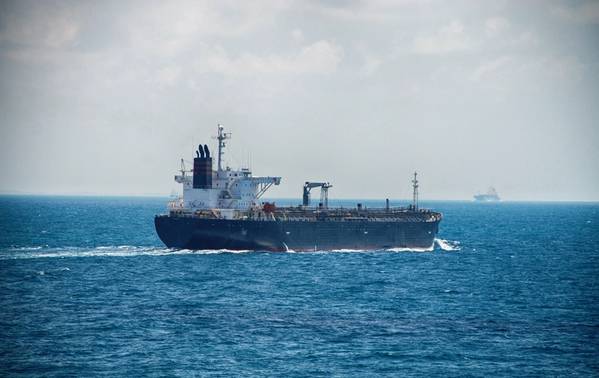
Companies in Singapore will have to consider and manage any potential impact on their business activities, transactions, and customer relationships when dealing with Russian crude oil and refined products, a government official said on Friday.
Russia's oil trade faces multiple restrictions imposed by the West and Moscow in the wake of the Ukraine war.
The European Union has imposed bans on Russian crude and oil products imports while the Group of Seven nations, EU and Australia agreed to ban the use of Western-supplied maritime insurance, finance and brokering for seaborne Russian oil priced above pre-set levels.
In turn, Russia has banned any deals that involve applying the price cap mechanism.
"While Singapore is not a participant of the EU ban, companies and financial institutions in Singapore have been informed of the ban imposed by the EU and other countries, via circulars issued by relevant government agencies," said Low Yen Ling, Singapore's minister of state for trade and industry in a parliament session.
Low was responding to a question on how the EU bans would affect the import, trading, storage, blending and handling of Russian oil products in Singapore, including Singapore-based terminals and facilities as well as at its Outside Port Limits (OPL) waters.
Singapore's sanctions and restrictions on Russia are targeted and cover export controls on specific items such as military goods and some dual-use goods, as well as the financing of such items, Low added.
Russia has been increasing its oil exports to Asia, especially China and India, as western countries eschew trade with Moscow.
About 7.6 million barrels of Russian oil, including gasoil, naphtha and fuel oil are due to arrive in Singapore and Malaysia in February, Kpler data showed, down from 10.7 million barrels in January.
Offshore storage facilities in the Singapore Strait are blending Russian oil with other supplies to obscure the oil's origins, clearing the way for ship insurance and financing that would otherwise be banned under the sanctions.
(Reuters - Reporting by Trixie Yap and Muyu Xu; Editing by Florence Tan and Kim Coghill)


